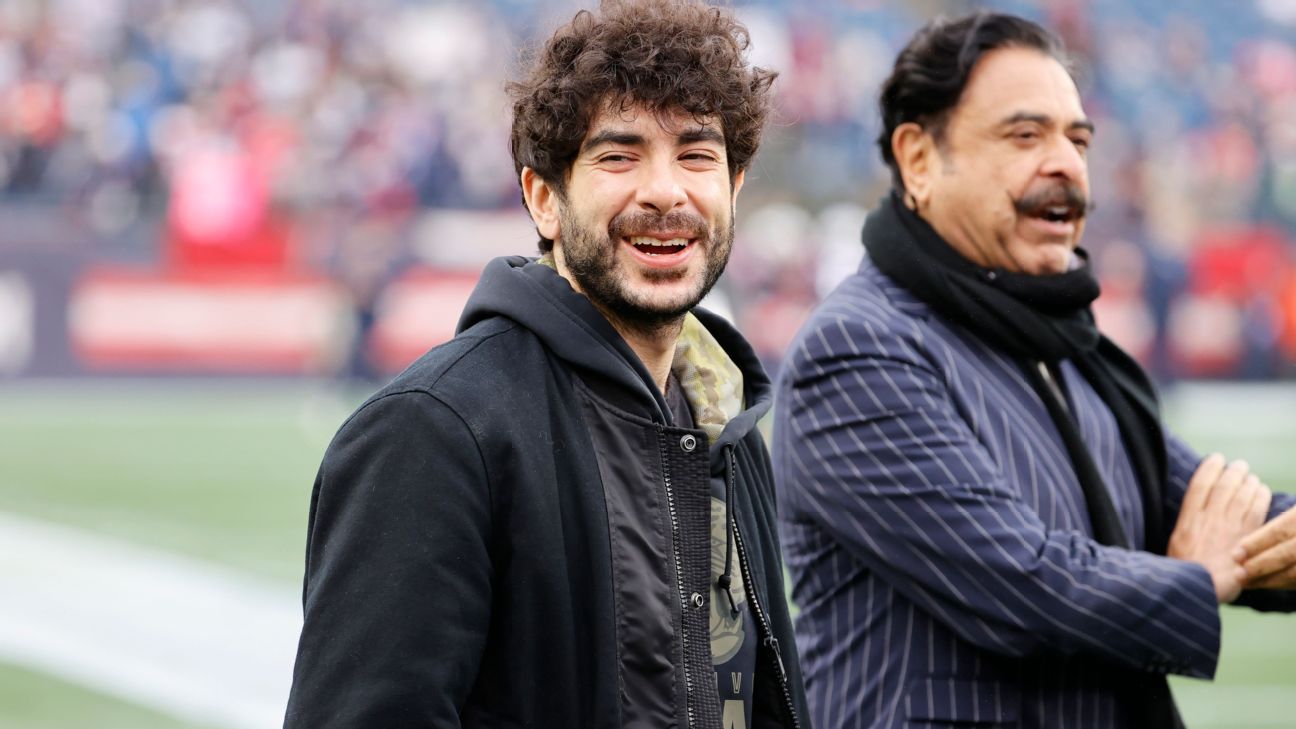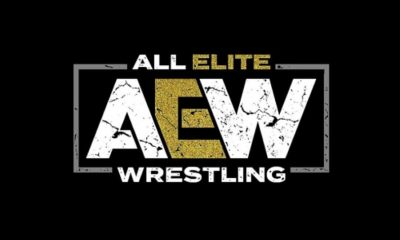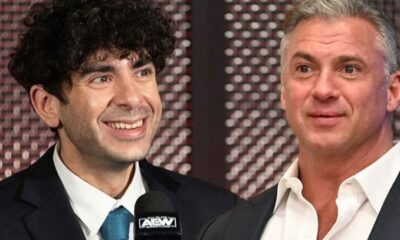3 Key Points
- Eric Bischoff voices concern over AEW owner Tony Khan’s frequent TV appearances.
- Believes AEW’s messaging could be stronger with wrestlers as the primary spokespersons.
- Asserts Khan’s on-screen presence could detract from the AEW brand’s image.
Overview of Bischoff’s Stance
In the realm of professional wrestling, the presence of authority figures on television can be a double-edged sword. This holds true for All Elite Wrestling (AEW), where owner Tony Khan’s appearances have sparked debate. Wrestling veteran Eric Bischoff articulates a critical perspective on Khan’s on-screen visibility, suggesting it might not align with the best interests of AEW’s brand.
The Issue with Visibility
Bischoff emphasizes that while Khan’s intentions might be rooted in passion for the sport, his method of delivery on television leaves much to be desired. Comparing Khan’s presence to the discomfort one feels from nails on a chalkboard, Bischoff suggests that his appearances could be causing more harm than good. Khan’s role, according to the critique, should remain off-air, focusing instead on behind-the-scenes contributions to the company.
Comparison with Other Wrestling Promotions
Highlighting the contrast, Bischoff points to WWE’s use of figures like Nick Aldis and Adam Pearce, who maintain a balance between authority and on-screen representation. He implies that AEW could benefit from a similar approach, leveraging the charisma and appeal of established wrestlers rather than relying on Khan to fill this role.
The Role of Spokespeople in AEW
Bischoff also notes that previously, spokespeople such as Cody Rhodes and Chris Jericho effectively communicated AEW’s narratives. He suggests that reverting to such a strategy might serve the brand better, enabling a more coherent and appealing message to the audience. According to Bischoff, this shift could potentially enhance AEW’s market presence and fan engagement.
Final Thoughts on Brand Image
The concern raised by Eric Bischoff underlines a broader question about the dynamics between wrestling promotion owners and their on-screen personas. While Khan’s enthusiasm for AEW is undeniable, the critique raises valid questions about the impact of his television time on the overall brand image. In the competitive landscape of professional wrestling, how AEW navigates this aspect could play a crucial role in its ongoing development and popularity.


























